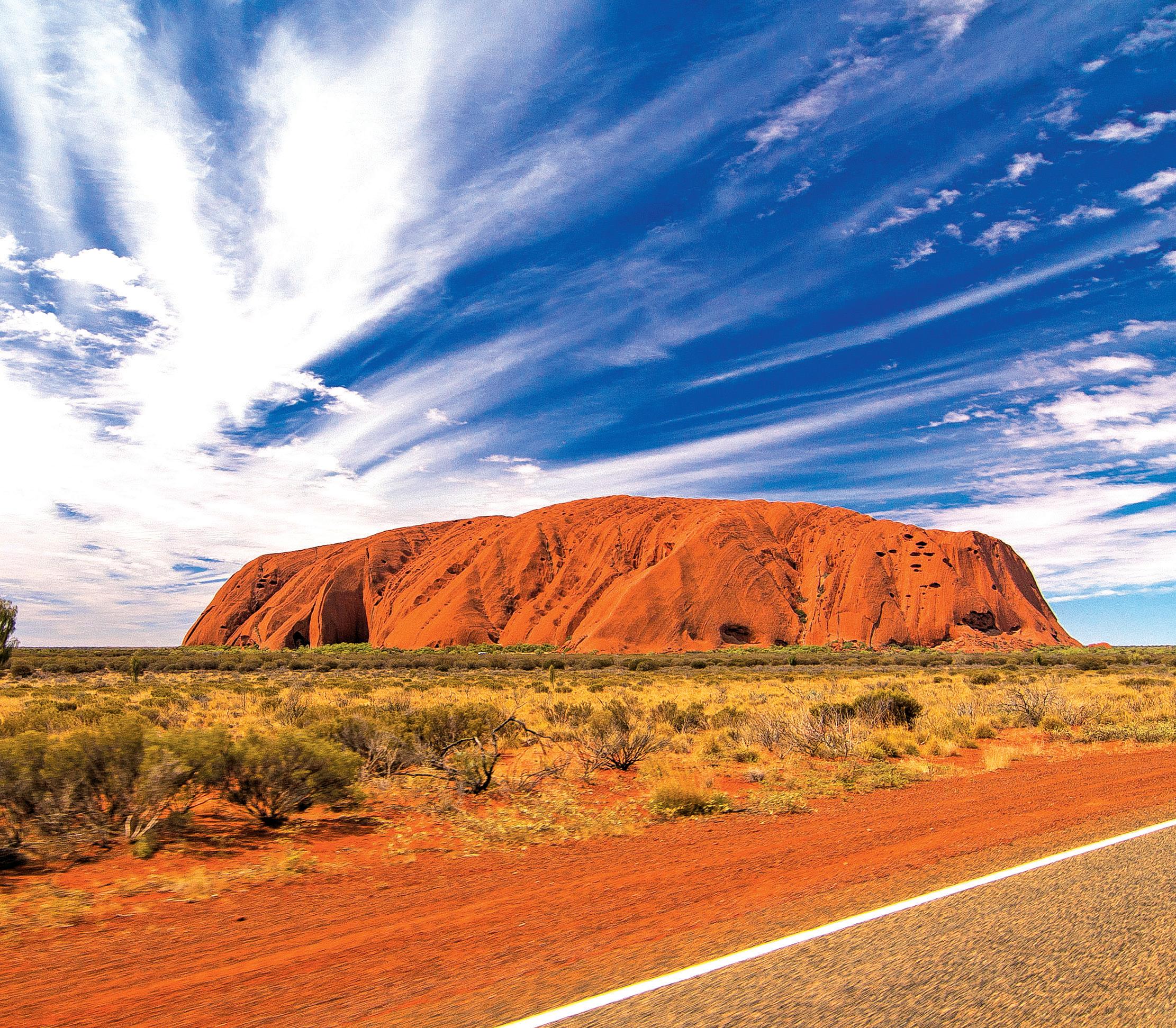
3 minute read
The Voice Referendum - "Yes" or "No"
Sari Russo
FROM conversations I have had recently, it appears that a lot of people don't even know what The Voice is, so today, I will provide you with the purpose of the Bill as outlined on the Parliament of Australia website and give you a snapshot of opinions from articles to assist you in starting to form a view on whether you believe adding an Indigenous voice to our Constitution will benefit and unite all Australians or will deepen the divide between our Indigenous and Non-Indigenous Australian community members.
Advertisement
The voice referendum proposes a "yes" or "no" vote on whether you believe Australia requires a change to the nation's Constitution. The change will be the creation of a new exclusively Indigenous body that advises the government on its policy decisions.
Purpose of the Bill (extract from https://www.aph.gov.au/Parliamentary_ Business/Bills_Legislation/bd/ bd2223a/23bd080)
"The purpose of the Constitution Alteration (Aboriginal and Torres Strait Islander Voice) 2023 (the Bill) is to amend the Constitution to: recognise Aboriginal and Torres Strait Islander peoples as the First Peoples of Australia; establish an advisory body known as the Aboriginal and Torres Strait Islander Voice (the Voice); and to give Parliament the power to pass legislation related to the Voice.
However, unlike other Bills, a proposed law to alter the Constitution must not only be passed by Parliament but must also then be voted on by the electors of Australia at a referendum before it can receive Royal Assent. As such, the effect of Parliament passing this Bill would be that the proposed constitutional amendment will go to a referendum to be decided by voters.
Importantly, this Bill does not contain the provisions of the legislation which would set out the details of the Voice. Rather, it contains the text of the proposed new provision of the Constitution that would formally establish the Voice and empower Parliament to later make laws with respect to matters relating to the Voice, in accordance with the terms of the proposed new constitutional provision."
An article titled 'Voice is the first step towards our shared destination' states that when voting "Yes," you are starting a process that will end in a treaty with the first nations and the rest of the population of Australia.

Definition of a Treaty (https:// education.nationalgeographic.org/ resource/treaty/)
1. Treaties are agreements among and between nations. Treaties have been used to end wars, settle land disputes, and even establish new countries.
Webster's Definition of Treaty
1. An agreement or arrangement made by negotiation: A contract in writing between two or more political authorities (such as states or sovereigns) formally signed by representatives duly authorised and usually ratified by the lawmaking authority of the state.
2. A document in which such a contract is set down.
3. The action of treating and especially of negotiating.
Those on the "Yes" side believe this will benefit all Australians.
MARCUS STEWART, a proud Nira illim bulluk man of the Taungurung nation (in Victoria) (Marcus Stewart is a member of the Referendum Working Group)– wrote in the Australian on March
14, 2023, "Voice, and later treaty and truth, will provide many opportunities for everyone to deepen their understanding and appreciation of this beautiful country and of the oldest living culture on the planet.
"A First Nations voice offers Aboriginal and Torres Strait Islander peoples a chance to have a say when it comes to our own lives."
Those on the "Yes" side do not believe that the current political system allows our Indigenous population to have a say in creating laws that benefit our Indigenous cultures.
Warren Mundine and Senator Jacinta Nampijinpa Price, both Indigenous, are concerned about what including a voice for exclusively Indigenous community members will mean to all Australians and would like Australians to vote No. They see an exclusively Indigenous voice being added to the Constitution, something that will divide this nation and set family members against other family members. There is also a concern that the bill needs to contain the provisions of the legislation which would set out the details of the Voice so that Australians know what they are voting for.
CHRIS MERRITT – wrote in the Australian on March 9, 2023
"Garma would require us to abandon that principle by constitutionalising a race-based lobby group, equipping it with a separate bureaucracy and giving it an additional say on every law and administrative decision, not just those relating specifically to Aborigines and Torres Strait -Islanders."
Historically treaties are between two separate nations.
If voting "Yes" is heading us down the pathway to a treaty, will the result be a separate Indigenous nation?








